August 13, 2021
The future of work will be shaped by the needs of workers
 As the UK government has withdrawn its advice for employees to work from home, more organisations than ever will be instituting what have become known as hybrid working models: 68 percent globally, according to research from Steelcase. Definitions of “hybrid work”, however, are often contradicting and unclear – leaving business leaders without definitive guidance about how to approach the future of work. To provide businesses with a more concrete view of what hybrid working looks like in reality, and provide tangible actions to help streamline productivity and collaboration, Steelcase have researched the experiences and needs of workers worldwide in their report: Changing Expectations and the Future of Work. (more…)
As the UK government has withdrawn its advice for employees to work from home, more organisations than ever will be instituting what have become known as hybrid working models: 68 percent globally, according to research from Steelcase. Definitions of “hybrid work”, however, are often contradicting and unclear – leaving business leaders without definitive guidance about how to approach the future of work. To provide businesses with a more concrete view of what hybrid working looks like in reality, and provide tangible actions to help streamline productivity and collaboration, Steelcase have researched the experiences and needs of workers worldwide in their report: Changing Expectations and the Future of Work. (more…)







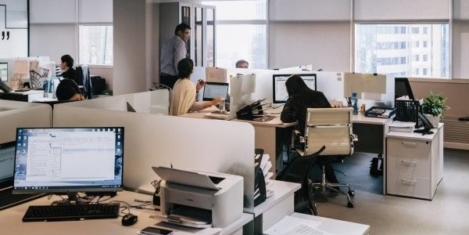
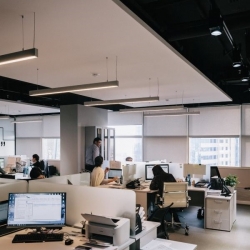 Pent-up demand on hold in 2020 has returned with office take-up in the first half of this year nearly a quarter above the five-year average, according to
Pent-up demand on hold in 2020 has returned with office take-up in the first half of this year nearly a quarter above the five-year average, according to 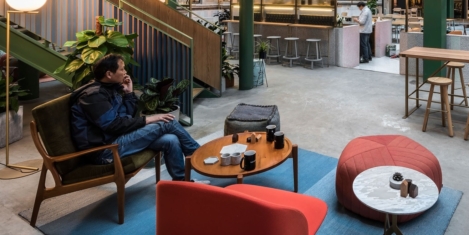
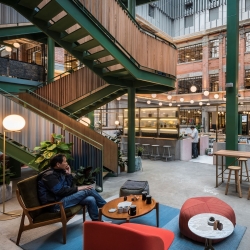 WeWork, arguably the world’s most talked-about flexible space providers, and Cushman & Wakefield, the global real estate services firm, have announced they have entered into an exclusive strategic partnership to market both landlords and businesses on WeWork’s management experience platform and on several new jointly developed ideas aligned with the new appetite for flexible working.
WeWork, arguably the world’s most talked-about flexible space providers, and Cushman & Wakefield, the global real estate services firm, have announced they have entered into an exclusive strategic partnership to market both landlords and businesses on WeWork’s management experience platform and on several new jointly developed ideas aligned with the new appetite for flexible working. 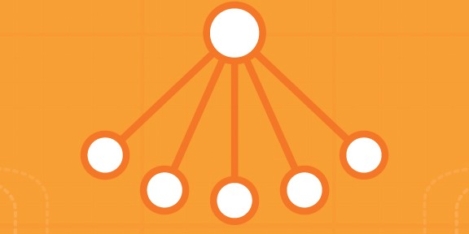
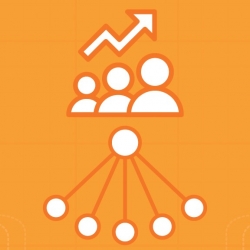 A new report from the
A new report from the 
 Earnings on demand company,
Earnings on demand company, 
 A gap is emerging between executive and employee perceptions on the future of the ’employee experience’, according to a report from Gartner. The 2021 Gartner Hybrid Work Employee Survey of 4,000 employees in January 2021 claims that there are six perception gaps that employers must resolve. The Gartner survey claims that 75 percent of executive leaders believe they are already offering a flexible employee experience, yet only 57 percent of employees indicate that their organisational culture embraces flexible working. Further, nearly three-quarters of executives believe the business understands how flexible work patterns support employees, but only half of employees share this view.
A gap is emerging between executive and employee perceptions on the future of the ’employee experience’, according to a report from Gartner. The 2021 Gartner Hybrid Work Employee Survey of 4,000 employees in January 2021 claims that there are six perception gaps that employers must resolve. The Gartner survey claims that 75 percent of executive leaders believe they are already offering a flexible employee experience, yet only 57 percent of employees indicate that their organisational culture embraces flexible working. Further, nearly three-quarters of executives believe the business understands how flexible work patterns support employees, but only half of employees share this view. 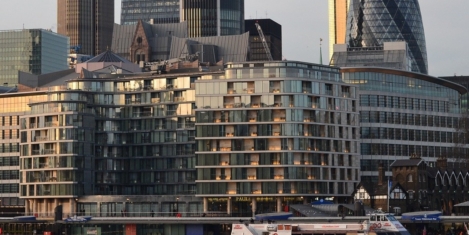
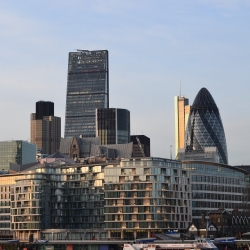 There was a spring in the step of the central London office market in Q2 2021 with more businesses committing to new office space, as plans to return to workplaces took shape. Research by
There was a spring in the step of the central London office market in Q2 2021 with more businesses committing to new office space, as plans to return to workplaces took shape. Research by 


 A new strategy from the UK government promises more inclusive workplaces, easier commuting and better job prospects for millions of disabled people. The strategy sets out 100 immediate commitments supported by £1.6bn of funding alongside an ambitious agenda for future reform. As well as inclusive workplaces, the strategy covers a range of other areas including accessible housing and better access to justice, culture and the arts.
A new strategy from the UK government promises more inclusive workplaces, easier commuting and better job prospects for millions of disabled people. The strategy sets out 100 immediate commitments supported by £1.6bn of funding alongside an ambitious agenda for future reform. As well as inclusive workplaces, the strategy covers a range of other areas including accessible housing and better access to justice, culture and the arts. 
 Ninety percent of global businesses struggle with inclusion and diversity practices within their technology/ IT teams according to
Ninety percent of global businesses struggle with inclusion and diversity practices within their technology/ IT teams according to 
 With much of Europe having worked remotely for over a year and many continuing to do so for the foreseeable future, new insights from
With much of Europe having worked remotely for over a year and many continuing to do so for the foreseeable future, new insights from 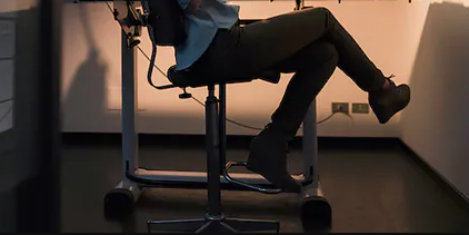
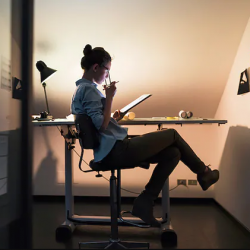 New research commissioned by
New research commissioned by 







